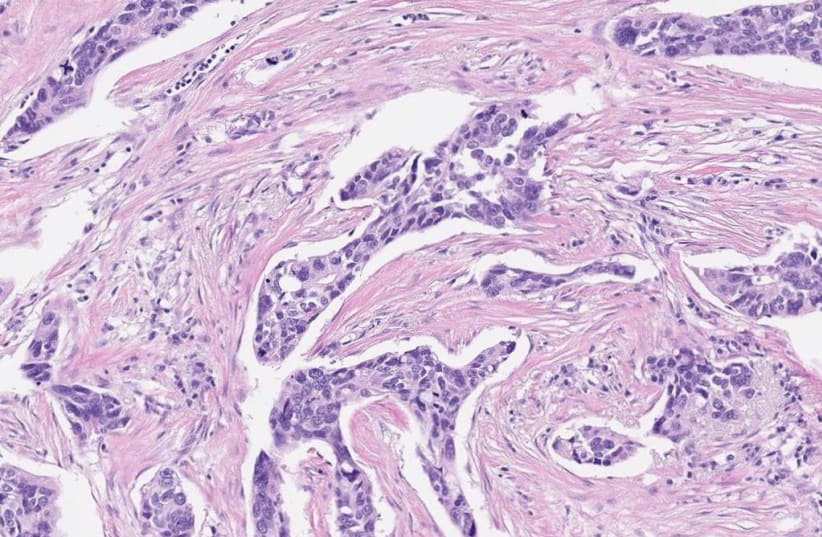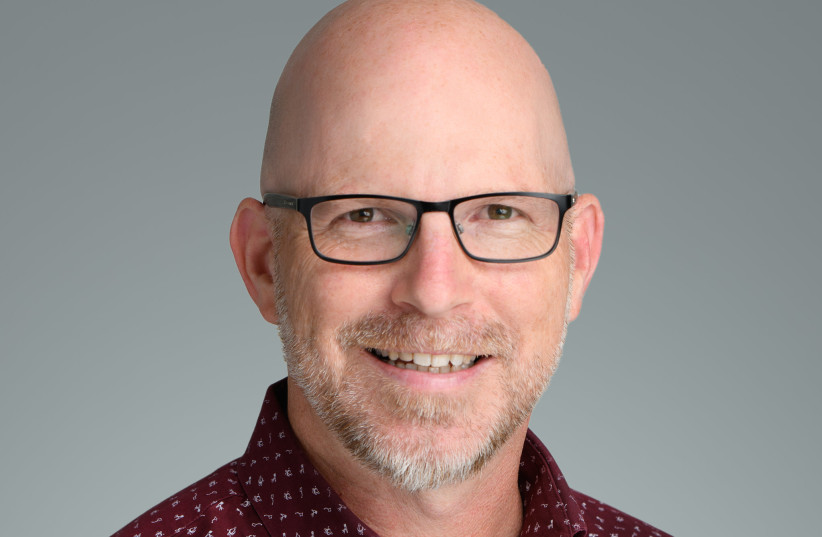Avi Veidman is the CEO at Nucleai, the provider of an AI-powered oncology platform that utilizes machine learning to offer insights into cancer biology.Prior to his work in the medtech field, he spent 19 years in the IDF, filling various technological leadership roles relating to AI, machine learning and data science.
How does Israel measure up to global standards from a medical perspective?
“In recent years, what we’re seeing is Israel really utilizing its advantages: Israel has a very centralized healthcare system, with a long history of electronic medical records, compared with other countries, where the data is quite siloed and distributed across various institutes.“Israel also has a big talent pool, with a lot of experience in AI, computer vision and machine learning, so it can really establish companies, such as Nucleai, that are working on the edge and the convergence of AI, data and life science.”
With those advantages in mind, what kind of progress are Israel healthtech companies making?
“We’re far from the market [physically], which is usually based in the US. [Despite that,] I see more and more companies succeed, and not just on the technology side: They mature, they scale up, they make their commercial organization much more proficient; they’re becoming not just companies with great technology, but also companies that provide quality service to their customers.”
How has your history in Military Intelligence translated into your current position in oncology innovation?
“I went from looking for terrorists in satellite images to looking for cancer cells. A lot of the problems we’ve faced in the past are replicated today, but on a different scale. I’ve worked with talented and great people, and knowing each other was a great advantage when deciding to work together and initiate a start-up.“We’ve been challenged technologically, faced with tasks that would have been assumed impossible, and we’ve had to find solutions. The environment we worked in was very volatile, and we needed to make decisions in a case where things were unknown. In that sense, it was very equivalent to the start-up world.”
Working in the healthtech industry during the onset of the COVID-19 pandemic must have been an exciting, if not nerve-wracking time. What was that like for you and your team?
“In the early times of the pandemic, there was a really unique opportunity for a lot of companies that were related to what the pandemic affected to find solutions, diagnostics, treatment, vaccinations. There were a lot of eyes on those companies. But as they say, a rising tide lifts all boats, and there was an increased understanding of the importance of companies like us – not just COVID-related companies, but companies in data science, AI, life science and healthcare.
Being a healthtech company, did you ever consider pivoting to focus on pandemic-related projects?
“Because we’re working on precision medicine that’s related to cancer, we were very focused, and our technology is very geared toward diseases that can be addressed with spatial biology information. We didn’t have [much] of [a] dilemma whether we should apply our technology on COVID. We stayed very focused, knowing that there are other technologies that are much better suited to handle COVID diagnostics.”
So with your focus on spatial biology information, what do you see for the future of the field?
“When you analyze different revolutions along the history of humanity, you see that revolution happens when you have a new tool that allows you to better examine the world around you.“We are on the verge of another revolution that could take genomic information and put it in a spatial context.”


